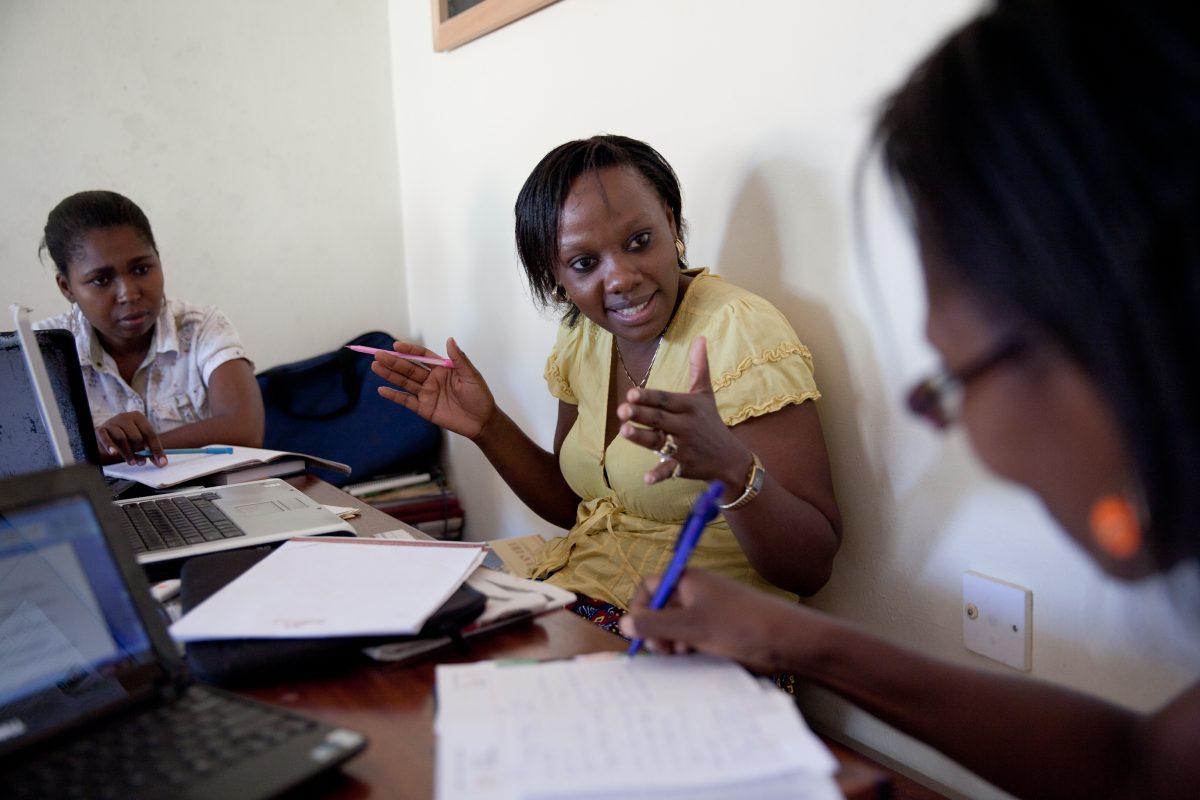The Kenyan chapter is currently focused on working on access issues surrounding environment and social justice , climate change, land rights and natural resources,and passage of framework laws on access to information and public participation. The passage of a new Constitution in Kenya constitution in 2010 has inaugurated a wave of reform of laws in the country.
The national lead organization of the Kenyan TAI chapter is the Institution for law, Environment and Governance (ILEG). ILEG is an independent, non-profit public interest law and policy organization focused on promoting sustainable development. ILEG works with local communities, governments, the private sector and civil society organizations (CSOs) to ensure fair, balanced and equitable development policy choices to improve people’s lives and protect the environment. As a member of the core-team, ILEG contributes to TAI policy making; provides support to TAI activities at the regional and national levels; and provides support to the functioning of the global TAI network.
Achievements ILEG continues to participate in TAI led activities and sends representatives to regional TAI meetings where participants come from various countries. Some of the ILEG’s achievements include its work on the campaign for a freedom of information law, training of lawyers and judicial officers in environmental law and policy, creation of awareness among citizens through TV drama, publication and distribution of literature on public interest environmental litigation amongst a host of other activities.

